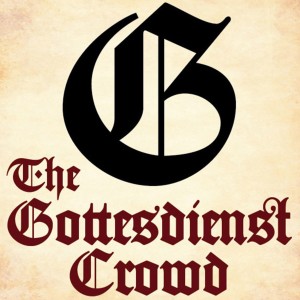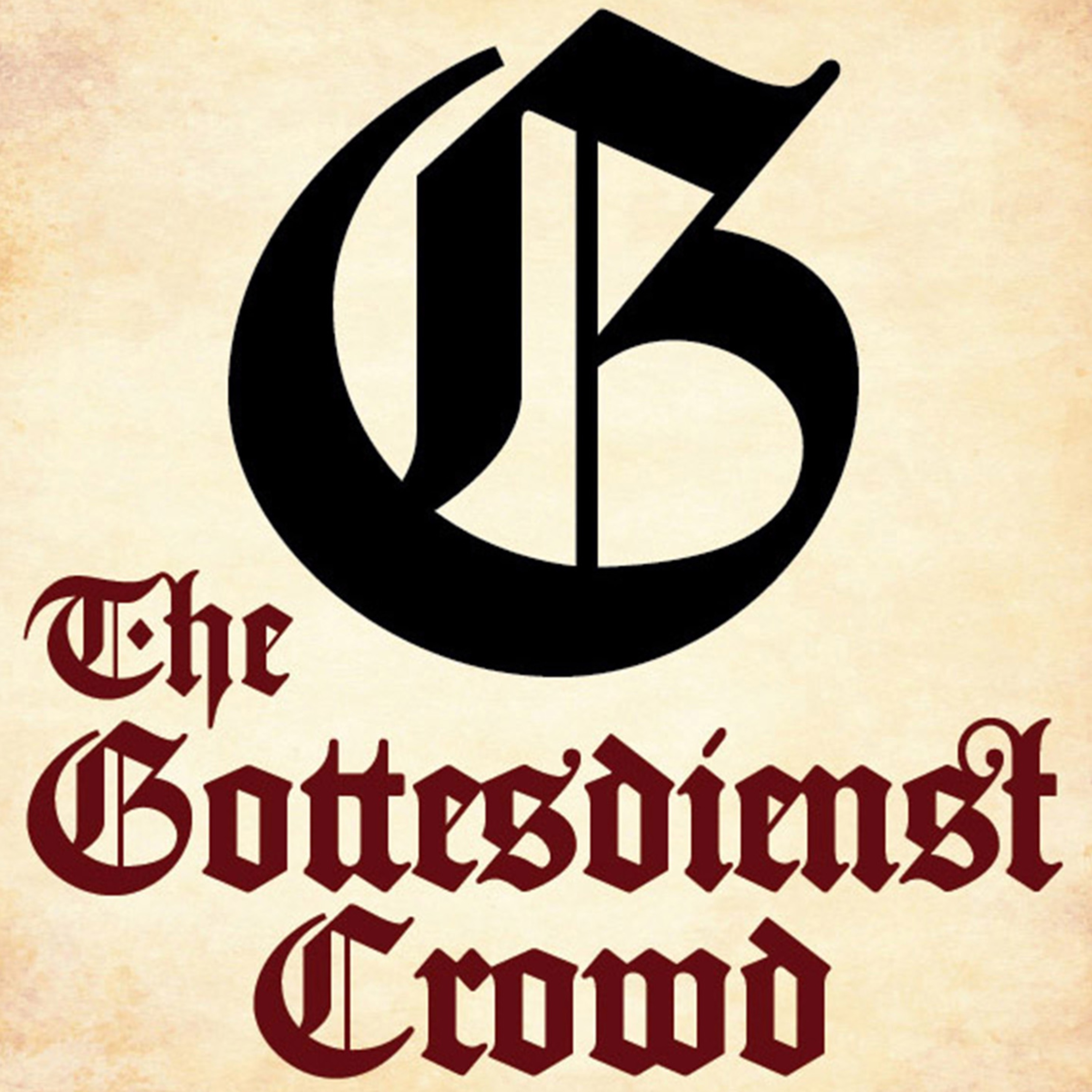Episodes

Monday Sep 19, 2022
TGC 219 — Thinking Out Loud (Trinity 15)
Monday Sep 19, 2022
Monday Sep 19, 2022
Two pastors thinking out loud about the upcoming Gospel reading. This episode is devoted to the Gospel reading for The Fifteenth Sunday after Trinity, Matthew 6:24–34.
Read the rest of this entry »
Wednesday Sep 14, 2022
TGC 218 — Faith of the Unborn
Wednesday Sep 14, 2022
Wednesday Sep 14, 2022
What do you say to a Christian parent when their unborn child has died due to a miscarriage or still birth or thier newborns before baptism? What comfort can be given the parent about the eternal status of these little ones? Where do we point them to? In this episode, Karl Hess points us to what the Lutheran fathers taught on this matter, especially Luther, Bugenhagen, and Gerhard.
Host: Fr. Jason Braaten
Special Guest: Fr. Karl Hess
Read the rest of this entry »
Monday Sep 12, 2022
TGC 217 — Thinking Out Loud (Trinity 14)
Monday Sep 12, 2022
Monday Sep 12, 2022
Two pastors thinking out loud about the upcoming Gospel reading. This episode is devoted to the Gospel reading for The Fourteenth Sunday after Trinity, Luke 17:11–19.
Read the rest of this entry »
Wednesday Sep 07, 2022
TGC 216 — On Fasting
Wednesday Sep 07, 2022
Wednesday Sep 07, 2022
Luther says in the Sixth Chief Part of the Small Catechism that: “Fasting and bodily preparation are fine outward training.” Often we take this to mean that fasting is optional. Should we. What are the benefits of fasting in the spiritual life? Ryan Loeslie will help us understand.
Host: Fr. Jason Braaten
Special Guest: Fr. Ryan Loeslie
Read the rest of this entry »
Monday Sep 05, 2022
TGC 215 — Thinking Out Loud (Trinity 13)
Monday Sep 05, 2022
Monday Sep 05, 2022
Two pastors thinking out loud about the upcoming Gospel reading. This episode is devoted to the Gospel reading for The Thirteenth Sunday after Trinity, Luke 10:23–37.
Read the rest of this entry »
Wednesday Aug 31, 2022
TGC 214 — A Lutheran Kuyperian Vision?
Wednesday Aug 31, 2022
Wednesday Aug 31, 2022
Abraham Kuyper said: "There is not one thumb’s width in the whole domain of human life which Christ, who is sovereign over all, does not cry, “Mine!” This is a common refrain with the Reformed Calvinist circles as they lay out their post-millennial eschatology. They charge Lutherans with a defeatist attitude because Lutheran amillennial eschatology. Are the Reformed Calvinists right? Are Lutherans defeatist? And if not, can they with as much vigor claim a Lutheran Kuyperian vision of their own? Adam Koontz sorts it out for us.
You can hear more from Koontz here:
- A Brief History of Power with Jonathan Fisk
- Word Fitly Spoken with Willie Grills and Zelwyn Heide
Host: Fr. Jason Braaten
Regular Guest: Fr. Adam Koontz
Read the rest of this entry »
Monday Aug 29, 2022
TGC 213 — Thinking Out Loud (Trinity 12)
Monday Aug 29, 2022
Monday Aug 29, 2022
Two pastors thinking out loud about the upcoming Gospel reading. This episode is devoted to the Gospel reading for The Twelfth Sunday after Trinity, Mark 7:31–37.
Read the rest of this entry »
Wednesday Aug 24, 2022
TGC 212 — What Is A Good Friend?
Wednesday Aug 24, 2022
Wednesday Aug 24, 2022
In the 4th Petition of the Lord’s Prayer, Luther lists good friends as one of God’s provisions that are necessary for the support of the body. But what is a good friend? In this episode, Marcus Williams gives a working definition, so that pastors can teach it in Catechism Class and preach on it from the pulpit. And in doing this, the people of God can recognize rightly what a good friend is and help their children choose wisely.
Aelred of Rievaulx, Spiritual Friendship
Host: Fr. Jason Braaten
Special Guest: Fr. Marcus Williams
Read the rest of this entry »
Monday Aug 22, 2022
TGC 211 — Thinking Out Loud (Trinity 11)
Monday Aug 22, 2022
Monday Aug 22, 2022
Two pastors thinking out loud about the upcoming Gospel reading. This episode is devoted to the Gospel reading for The Eleventh Sunday after Trinity, Luke 18:9–14.
Read the rest of this entry »
Sunday Aug 14, 2022
TGC 210 — Thinking Out Loud (Trinity 10)
Sunday Aug 14, 2022
Sunday Aug 14, 2022
Two pastors thinking out loud about the upcoming Gospel reading. This episode is devoted to the Gospel reading for The Tenth Sunday after Trinity, Luke 19:41–48.
Read the rest of this entry »
